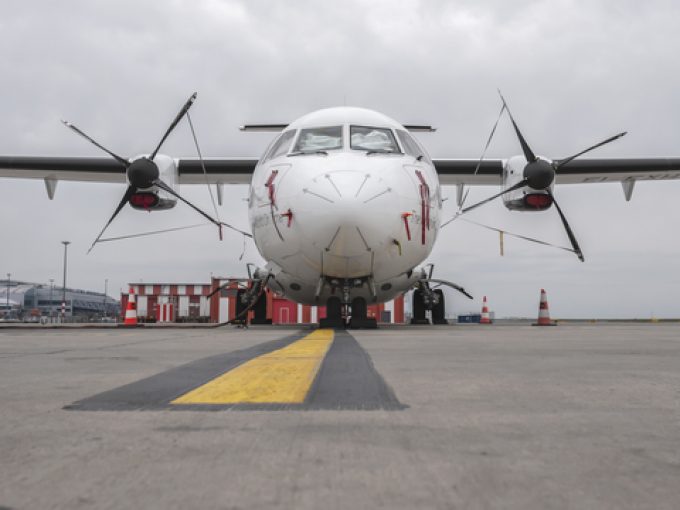News in Brief Podcast | Week 13 | USTR hearing; WestJet Cargo's future?
In this episode of The Loadstar’s News in Brief Podcast, host and news reporter Charlotte ...

Time-critical charters can be challenging: their extremely urgent nature – plus having the right type of available capacity – is crucial for service delivery. But in some sectors, such as automotive, demand is yet to reach pre-pandemic levels.
One sector with growth, sadly, has been humanitarian. ...
CMA CGM South Korean staff strike over bonuses after bumper 2024 profit
MSC switches two more Asia-Europe port calls from congested Antwerp
CMA airline returns two freighters, while ANA takeover of NCA looms
Nightmare for Bangladeshi exporters as congestion and tariffs bite
Tradelanes: Export boom in Indian sub-continent triggers rise in airfreight rates
Carriers introduce surcharges as congestion builds at African ports
Ports and supply chain operators weigh in on funding for CPB
Box ship overcapacity threat from carrier appetite for new tonnage

Comment on this article